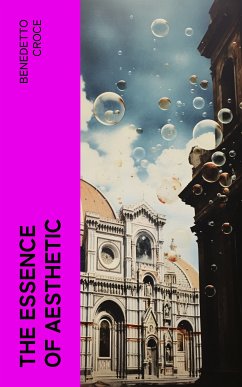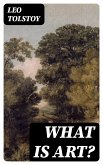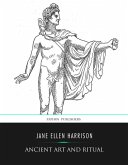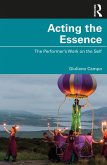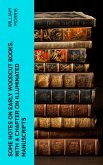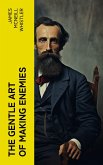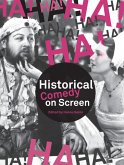¿"The Essence of Aesthetic" is a lecture by the Italian philosopher Benedetto Croce prepared for the inauguration of the Rice Institute. In his works, he placed great importance on art, beauty, intuition, and imagination. This short work includes a number of his key ideas, like what aesthetic is, the essence of art, its role in spirit and humanity, criticism, and the history of art.
Dieser Download kann aus rechtlichen Gründen nur mit Rechnungsadresse in A, B, BG, CY, CZ, D, DK, EW, FIN, F, GR, H, IRL, I, LT, L, LR, M, NL, PL, P, R, S, SLO, SK ausgeliefert werden.

